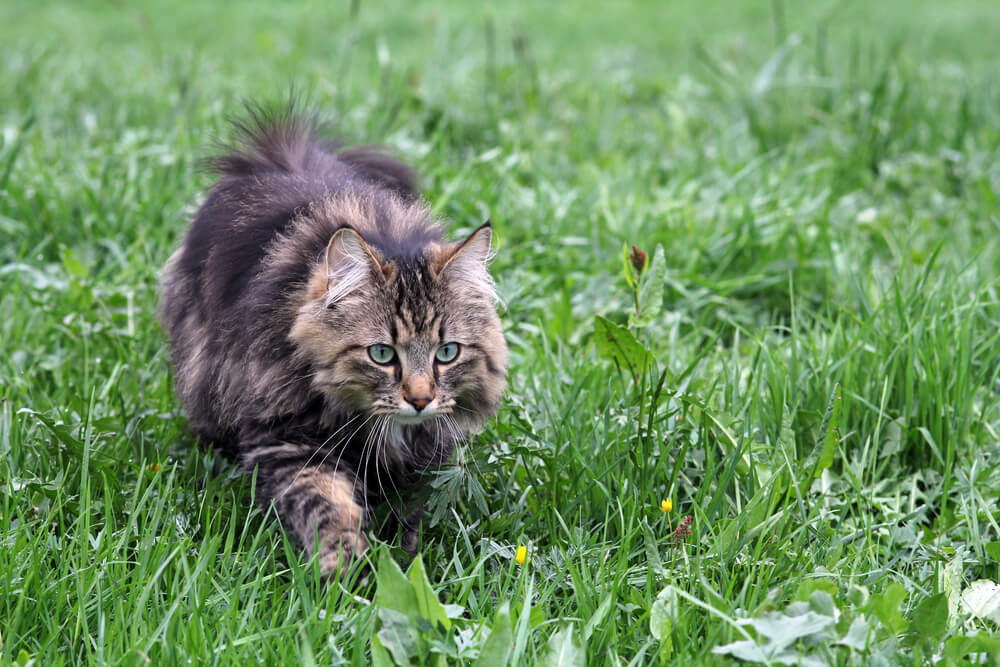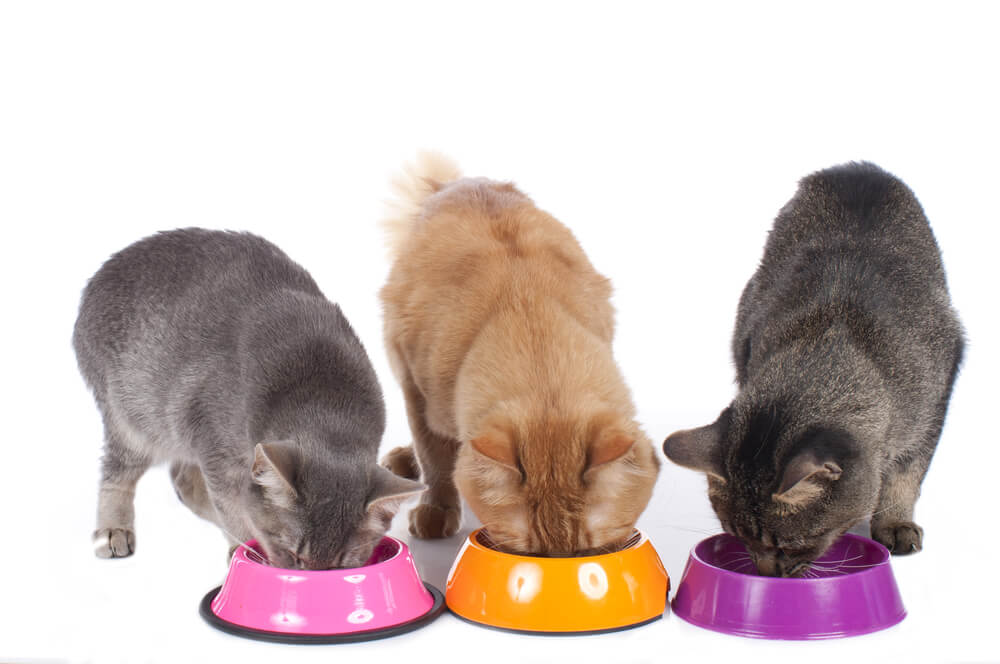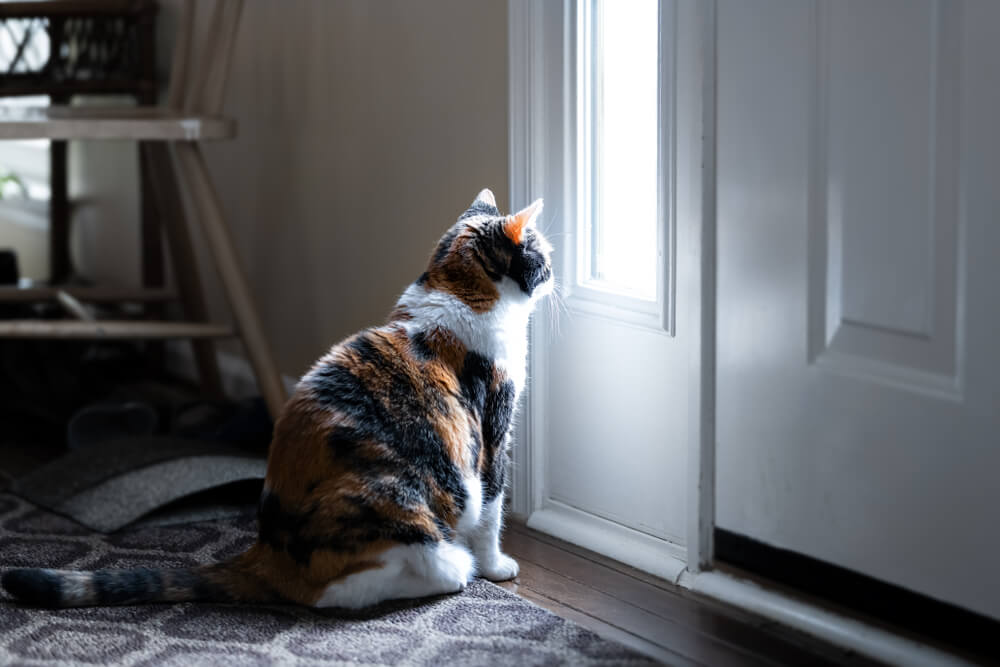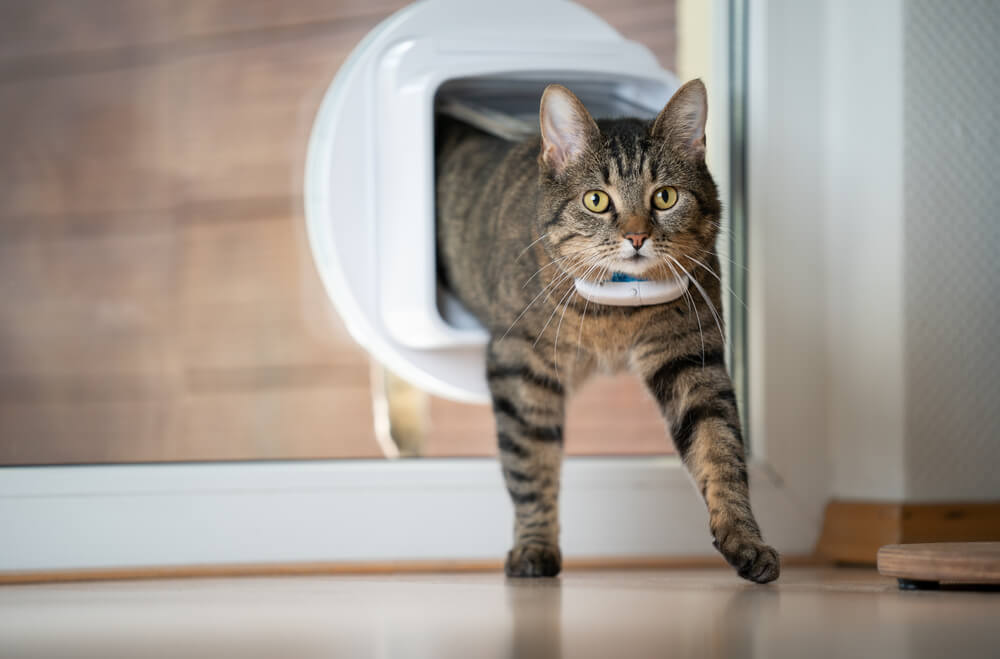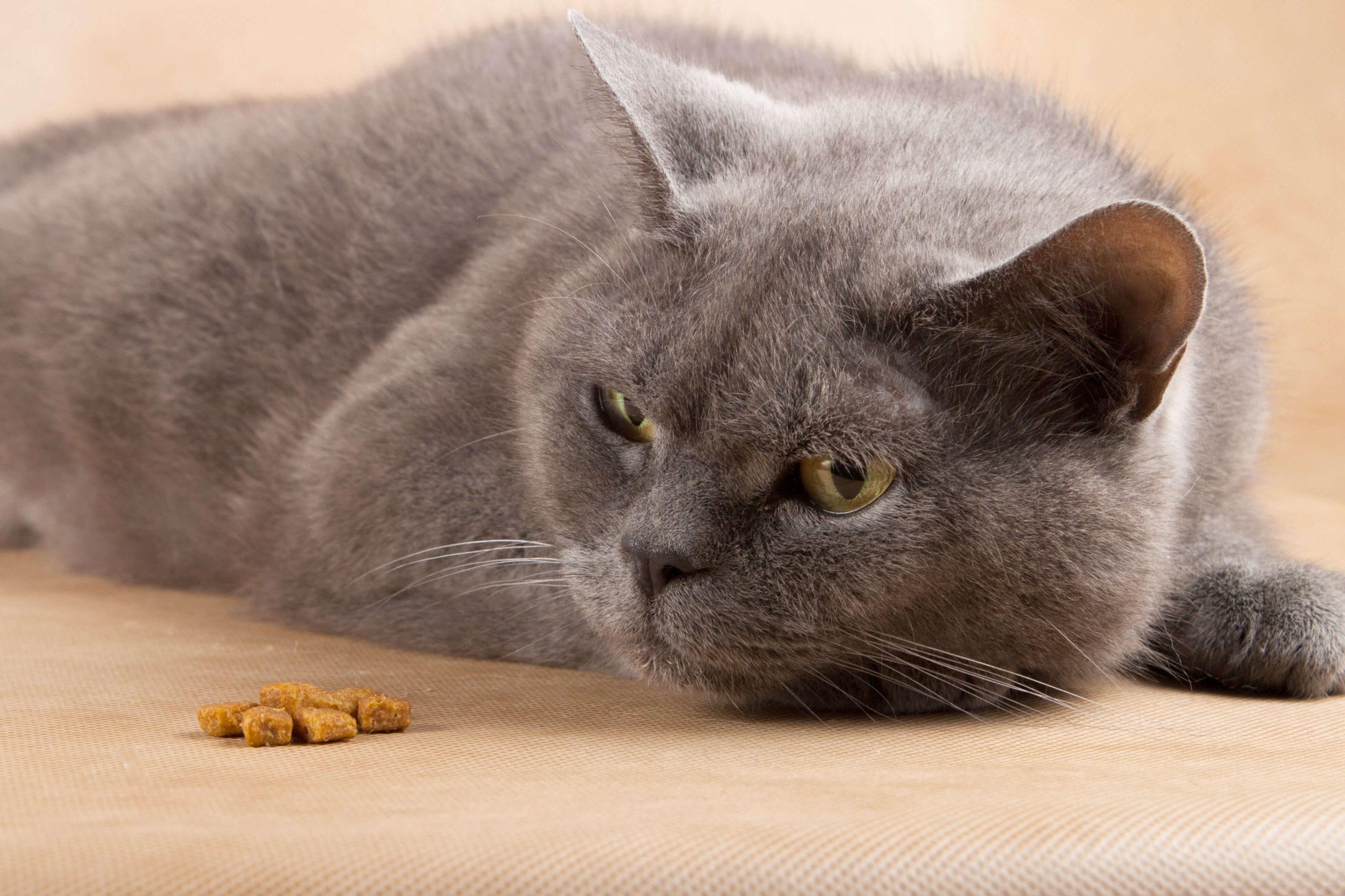
Cats don’t often seek attention, which is possibly one of the reasons why you love your furry companion so much. They give you space and do their own thing but provide you with plenty of cuddles when they, or you, need them.
The downside to this, though, is that it makes it tricky to tell when they are ill. As they are solitary animals who prefer their own company and withstand pain without making a fuss, it’s easy for cat parents to miss the signs of illness.
So how do you know if your cat is feeling unwell, and what are the signs and symptoms to look out for?
Some of the signs that your cat might be feeling unwell include:
- Vomiting or diarrhea
- Lethargy
- Sudden weight loss or weight gain
- Limping or walking with an unusual gait
- Discharge from the eyes or nose
- Change in appetite or thirst
- Alteration in size of pupils
- Hair loss or skin irritation
- Hiding or being unsocial
- Change in breathing rate
If you notice any of these symptoms, or a combination of them together, and your cat is acting strangely, you should take them to your veterinarian as soon as possible for further investigation into the cause.
Let’s look at some of the signs that your cat is feeling unwell in more detail:
Are they hiding more or being less social?
Cats that are feeling unwell often hide more or become less social than you might be used to. You may find that they refuse cuddles and retire to their bed to sleep more. Or you may discover them in places they don’t usually go, such as the back of closets, under the stairs, or behind the couch. They may even become irritable and generally have less energy. This is because as cats are prey as well as predators, they instinctively try to find somewhere where they will not be hunted as easier prey when injured or ill.
If they’re in physical pain, for example with arthritis or an injury to their bones or muscles, they will be less mobile, and jumping will be difficult for them. You might notice a limp or they may cry out in pain if you touch their leg (if they let you touch it). This is a sign they have damaged bone, muscle, or ligaments and will need to see the vet.
Change in appetite or thirst
Any alteration in their normal appetite levels can be a concern for cat parents. If a cat loses their appetite and is eating less than normal, it could be a sign of a kidney or liver issue — especially if they are also experiencing excessive thirst.
Another reason could be the result of dental pain if they’re not eating as much as usual. You should not let your cat go more than 24 hours without eating though before contacting your vet.
Excessive appetite and increased hunger, meanwhile, could indicate other issues, including inflammatory bowel disease, diabetes, or hypothyroidism.
Changes in toilet habits
If the regularity or consistency of your cat’s stools changes, it can be an indication that your cat is ill.
If your cat’s stools are smaller and harder than usual, it could potentially be a sign of kidney disease. Equally, if your cat has diarrhea or stomach issues, that might indicate something more serious.
Excessive urination can also indicate an issue, including that your cat might cat might be developing diabetes or has kidney problems.
Discharge from eyes
If your cat is suffering from a yellow discharge from the eyes, it could be a sign that they have chlamydia felis — conjunctivitis. This can be treated with eye drops from your vet.
If you notice any other problems with your cat’s eyes or eyelids, such as drooping lids, dilated or constricted pupils, fluid leaking, or an elevated third eyelid, contact your vet immediately as they could be at risk of blindness or other eye issues.
Losing their coat
The other indicator that your cat is unwell is their coat. If it’s become greasy or matted it might be because your cat is too ill to groom themselves properly.
Equally, they can overgroom themselves in patches where the skin might be irritating them. This might be due to an allergic reaction, rash, or skin issue such as ringworm, fleas, or mites.
How can you tell if your cat has a fever?
It’s not easy to tell if your cat is running a high temperature without having access to an animal-specific thermometer. You may find that your cat’s ears are warmer than usual, they have a dry nose, they are lethargic, or lacking appetite — but as we’ve already mentioned, these can also be signs that there are other issues or illnesses that your cat might be experiencing.
If you suspect your cat has had a fever for more than 24 hours, you should arrange a visit to your veterinarian or emergency vet.
What to do if you’re worried about your sick cat
If you are in any way worried that your cat might be ill, contact your vet immediately and arrange to take your cat in for an examination. The earlier you pick up the signs and symptoms of illness in your cat, the earlier the vet can determine what is wrong and begin treatment if required.
We uphold the highest editorial standards when creating the authoritative content pet parents rely on and trust.
Every piece of clinical content on the Cat Food Advisor is reviewed by our certified Veterinary Advisory Board, which consists of licensed veterinarians and medically certified specialists.
Our reviews are completely independent; we are not paid by any pet food company to promote their products favorably. We do not accept money, gifts, samples or other incentives in exchange for special consideration. For more information see our Disclaimer & Disclosure page.





